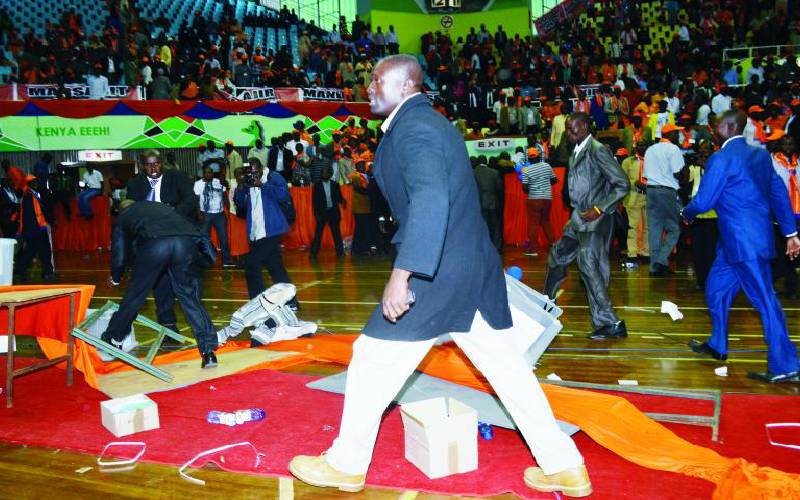×
The Standard e-Paper
Fearless, Trusted News

The two major political parties are facing an implosion over planned party elections as rival factions plot to seize control of Jubilee and ODM ahead of the 2022 General Election.
While President Uhuru Kenyatta and Opposition leader Raila Odinga’s March 9 truce last year calmed tensions on the national stage, both party leaders still have to reckon with internal feuds in their respective parties ahead of the grassroots elections scheduled for early next year.